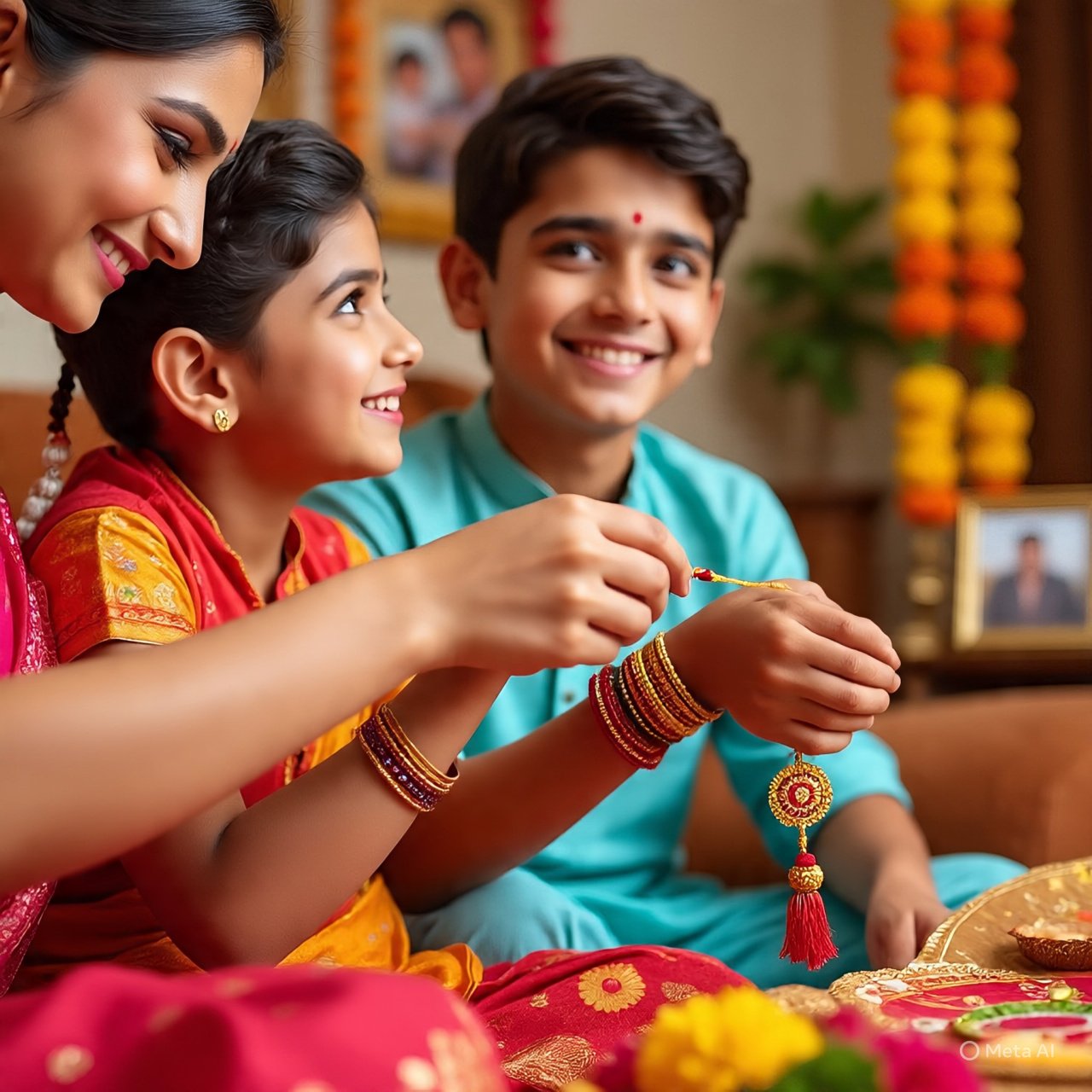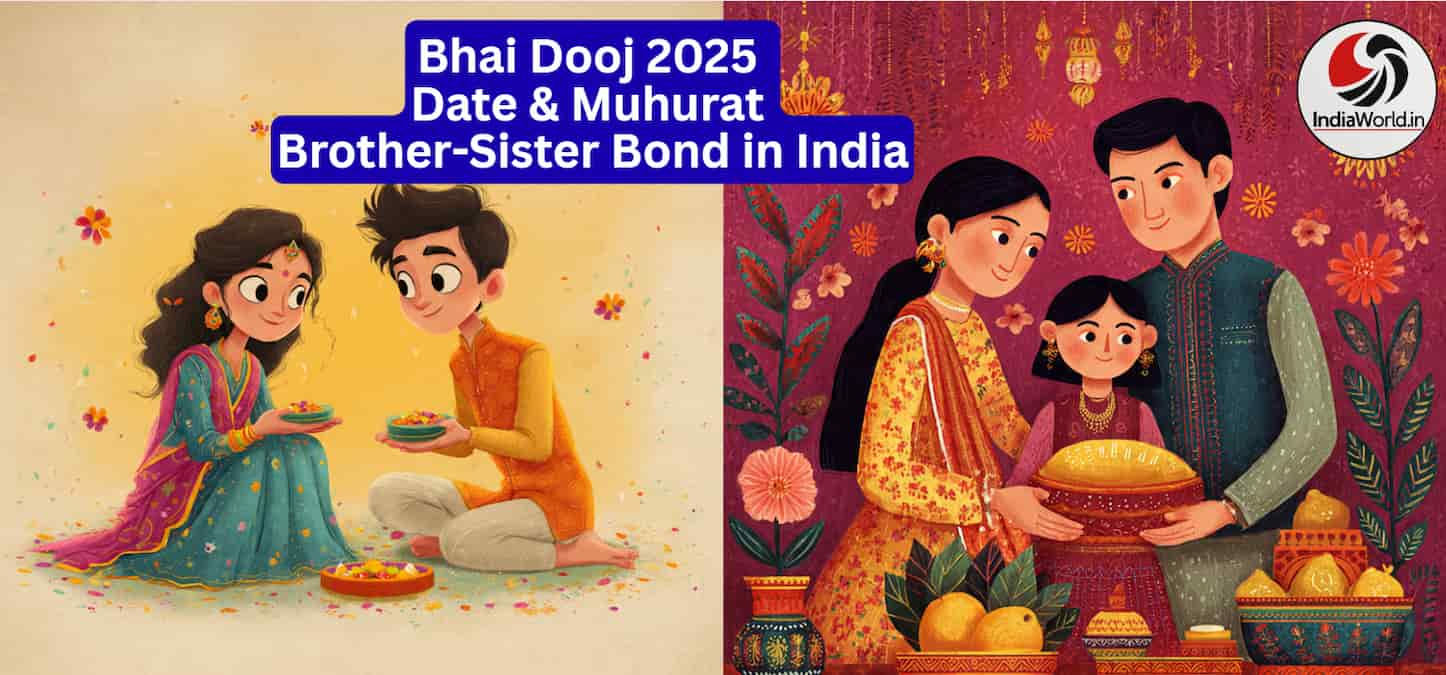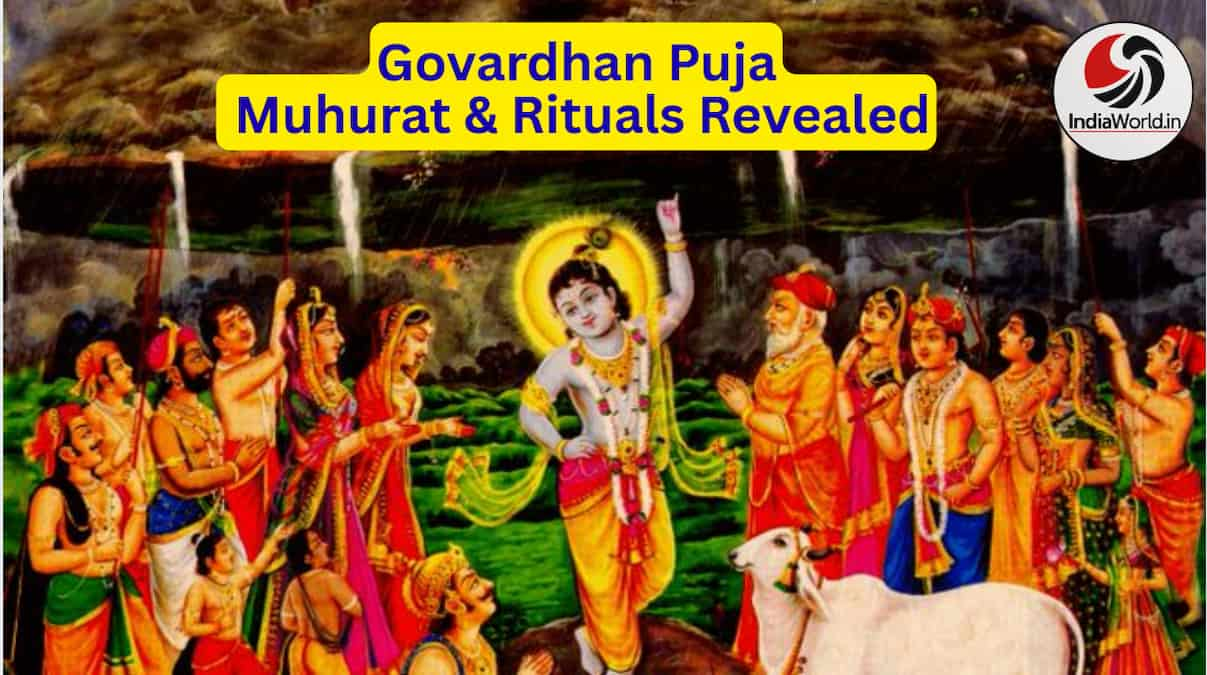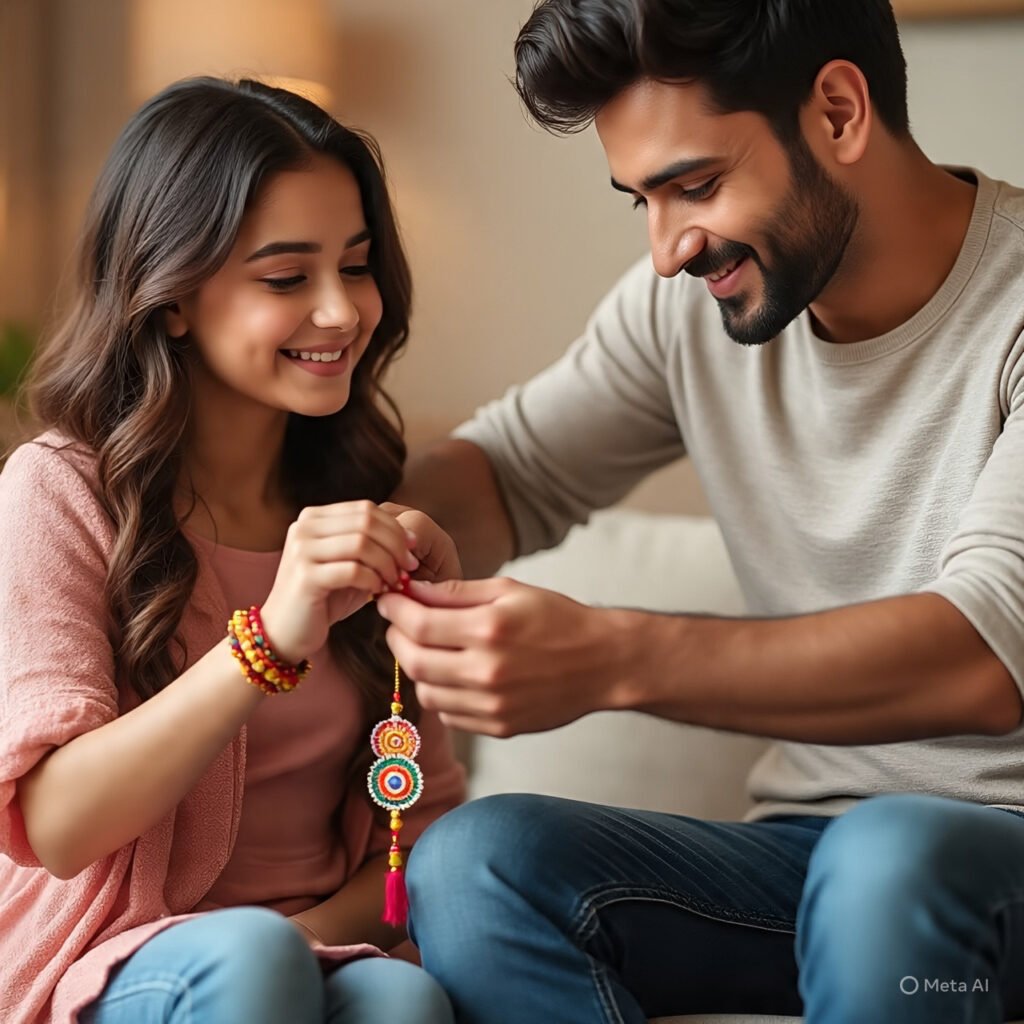
It was Raksha Bandhan morning in a small town nestled between mango orchards and dusty lanes. The scent of jasmine hung in the air, and the house buzzed with the clatter of vessels and laughter. Meera, now 28, had returned home after years in Mumbai. Her younger brother Arjun, 24, was waiting in the courtyard, pretending to scroll through his phone but secretly watching the gate.
They hadn’t celebrated Rakhi together in five years.
Meera walked in, wearing a simple cotton saree, her eyes scanning the old walls that still held their childhood scribbles. Arjun stood up awkwardly, unsure whether to hug her or tease her like old times. She smiled, and in that moment, the years melted away.
Inside, their mother had already laid out the thali—rakhi, sweets, and a tiny diya flickering in the breeze. Meera tied the rakhi slowly, deliberately, as if sealing a promise not just for protection, but for presence. Arjun, usually the joker of the house, was unusually quiet. He handed her a small box—not jewelry, not a gadget, but a handwritten letter.
It read:
“You always protected me, even when I didn’t know I needed it.
You fought my battles, covered up my mistakes, and believed in me when I didn’t believe in myself.
Raksha Bandhan isn’t just about me promising to protect you.
It’s about thanking you for being my first shield, my first friend, and my forever strength.”
Meera blinked back tears. Arjun looked away, pretending to adjust the fan.
Later that evening, they sat on the terrace, sipping chai, watching the sky turn orange. They spoke of school fights, stolen mangoes, and secret crushes. Raksha Bandhan had always been about the thread—but this time, it was about the bond.
Because some ties aren’t made of silk.
They’re made of memories, mischief, and unconditional love.
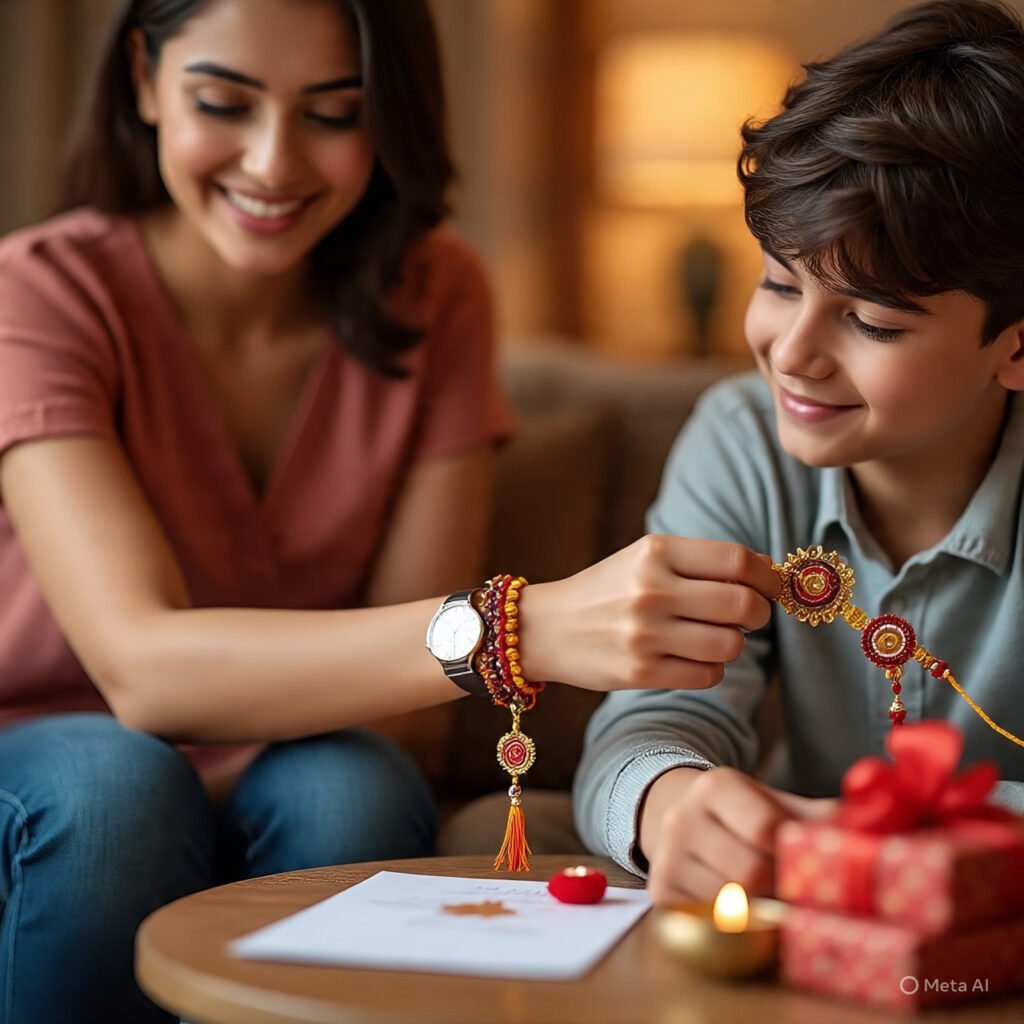
Read also : India Stands Tall: From Shastri to Modi, a Legacy of Defiance Against U.S. Pressure
Read also : How a Microsoft Engineer Cracked Top Tech Jobs—And Her Advice for You
